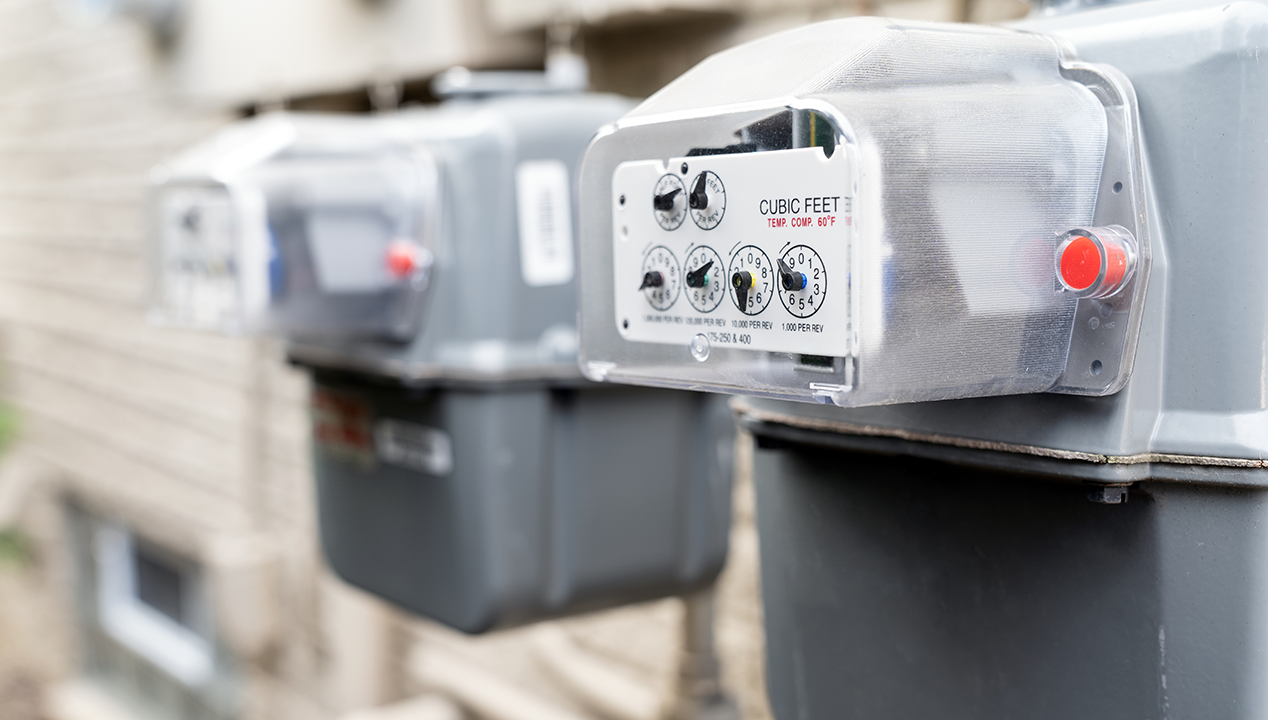In this week’s episode, host Daniel Raimi talks with Sanya Carley, a professor and faculty director at the University of Pennsylvania and a university fellow at Resources for the Future, about energy poverty in the United States. Carley discusses the problem of utility disconnections, which occurs when a utility turns off a household’s water, electricity, or heat; the potentially risky strategies that households employ to avoid shutoffs by reducing energy consumption and costs; the groups that are most vulnerable to disconnection; and potential improvements to government programs that help low-income households pay utility bills.
--
Notable Quotes
- Energy poverty is widespread in the United States: “One in four households struggle to pay their energy bills or to keep their homes at comfortable temperatures. Approximately one in five households report foregoing expenses on food in order to pay their energy bills. So, I would argue that this is quite a pervasive and big problem within the United States.” (4:40)
- Certain groups experience utility disconnection at disproportionately high rates: “Households of color are far more likely to be disconnected than white households. Low-income households are more likely to struggle with energy and security. Those with inefficient or deficient living conditions are also more likely to be disconnected, as are those who have been disconnected previously … There’s a cyclical nature to disconnections. If you’re disconnected one time, you’re likely to enter this cycle of being disconnected over and over.” (19:02)
- Programs that help households pay utility bills don’t address the root of the problem: “We need to think more deeply about longer-term solutions: both preventative solutions—how to help households avoid becoming energy insecure and being disconnected—as well as these long-term solutions that help households lower their energy bills.” (26:12)
...


